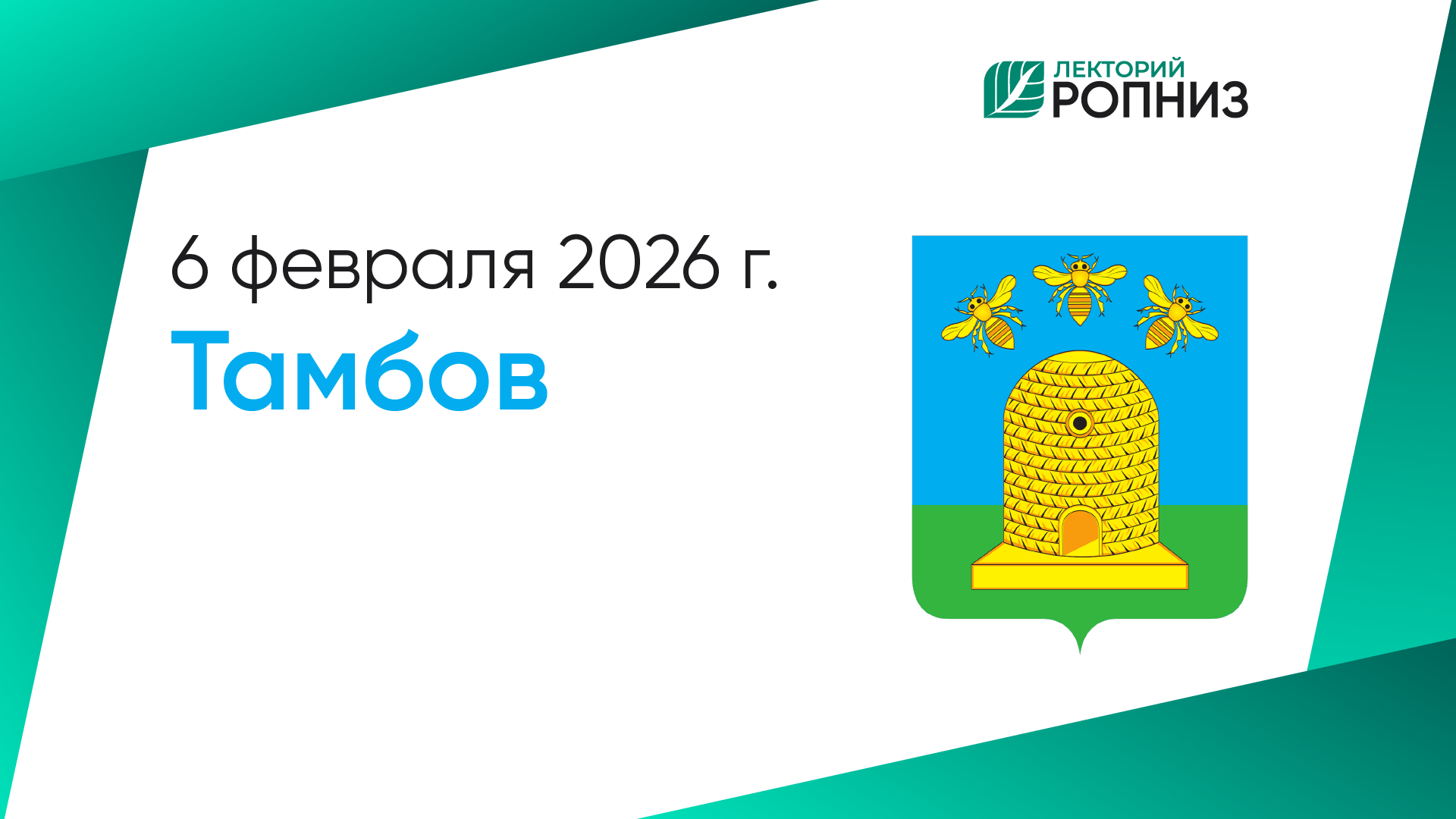Features of civic consciousness of university students at the present stage of educational development
https://doi.org/10.15829/1728-8800-2024-4084
EDN: NDBUFA
Abstract
Aim. To study the features of civic consciousness among modern university students.
Material and methods. A total of 467 students took part in the study. The original author’s questionnaire was used (I. V. Koltsova, 2024), aimed at identifying the characteristics of students’ civic consciousness.
Results. The study showed that the majority of students believe that secondary schools should take an active part in the development of civic consciousness of young people. Students behave in society in accordance with generally accepted rules, know the history of the Russian Federation, its traditions and customs, conspicuous figures, rights and responsibilities, speak their native language and actively use it in communication with representatives of their nationality. After training, most graduates plan to stay and work in the Russian Federation. However, about 30% of subjects have low scores on such issues as participation in the Russian presidential and legislative elections. There is a high awareness on socio-political events and laws, which indicates the low social activity of this group of respondents.
Conclusion. The conducted research made it possible to identify both positive trends in relation to the civic consciousness of students, as well as problem areas that require targeted educational work.
About the Authors
I. V. KoltsovaРоссия
Stavropol
V. V. Dolganina
Россия
Stavropol
M. I. Plugina
Россия
Stavropol
References
1. Artyukhina TS. The development of civic consciousness in the process of extracurricular activities of students. Bulletin on pedagogy and psychology of Southern Siberia. 2014;(4):29-34. (In Russ.)
2. Baeva LV. Civic consciousness of youth in modern Russia and the problem of cultural security. Man. Community. Management. 2013; (3):109-18. (In Russ.)
3. Voroshilova AI, Blednova ND. Preservation of traditions in Ural families in conditions of transformation of social institutions. Strategies for the development of social communities, institutions and territories: materials of the VII International Scientific and Practical Conference: in 2 volumes, Yekaterinburg, April 19-20, 2021. B. N. Yeltsin Ural Federal University. Volume 1. — Yekaterinburg: Ural University Press. 2021. pp. 253-6. EDN ZNKIKS. (In Russ.) EDN ZNKIKS.
4. Popova NV. Formation of civic consciousness of students of colleges. Bulletin of the Volgograd State University. Series 9: Research of young scientists. 2014;(7):9. (In Russ.)
5. Russian students: identity, life strategies and civic potential. Ed. Tishkov V. A., Barash R. E., Stepanov V. V. M.: IEA RAS, 2014. 342 p. (In Russ.) ISBN: 978-5-4211-0120.
6. Farafonova L. Some aspects of youth civic education. Higher education in Russia. 2012;(12):71. (In Russ.)
7. Shestopalova ON, Zlobina AV. Assessment of civic consciousness and patriotism of modern students. XIX International Conference "Culture, personality, society in the modern world: methodology, empirical research experience": collection of conference ma terials. Yekaterinburg, UrFU, 2016. pp. 3161-7. (In Russ.) EDN WGCHMZ.
8. Baer ВЕ. Socialization into, dominant VS. counter ideology among universities educated Canadians. Canadian Review of Sociology/ Revue canadienne de sociologie. 1990;27(4):487-504.
9. Der-Karabetian A, Alfaro M, Cao Y. Relationship of sustainable behavior,world-mindedness, national and global identities, perceived environmental risk and globalization impact among college students in the United States. Psychology and cognitive sciences. 2018;(4):8-13.
Supplementary files
- The range of questions that received the maximum number of positive answers from modern students, reflecting the high level of their civic identity and self-awareness, was determined.
- A detailed analysis of those questions in the questionnaire was carried out.
- The questionnaire developed by the author and tested during an experimental study has practical value in diagnosing the characteristics of the civic consciousness of modern students at the present stage of development of society and educational systems.
Review
For citations:
Koltsova I.V., Dolganina V.V., Plugina M.I. Features of civic consciousness of university students at the present stage of educational development. Cardiovascular Therapy and Prevention. 2024;23(2S):4084. (In Russ.) https://doi.org/10.15829/1728-8800-2024-4084. EDN: NDBUFA
JATS XML

























































